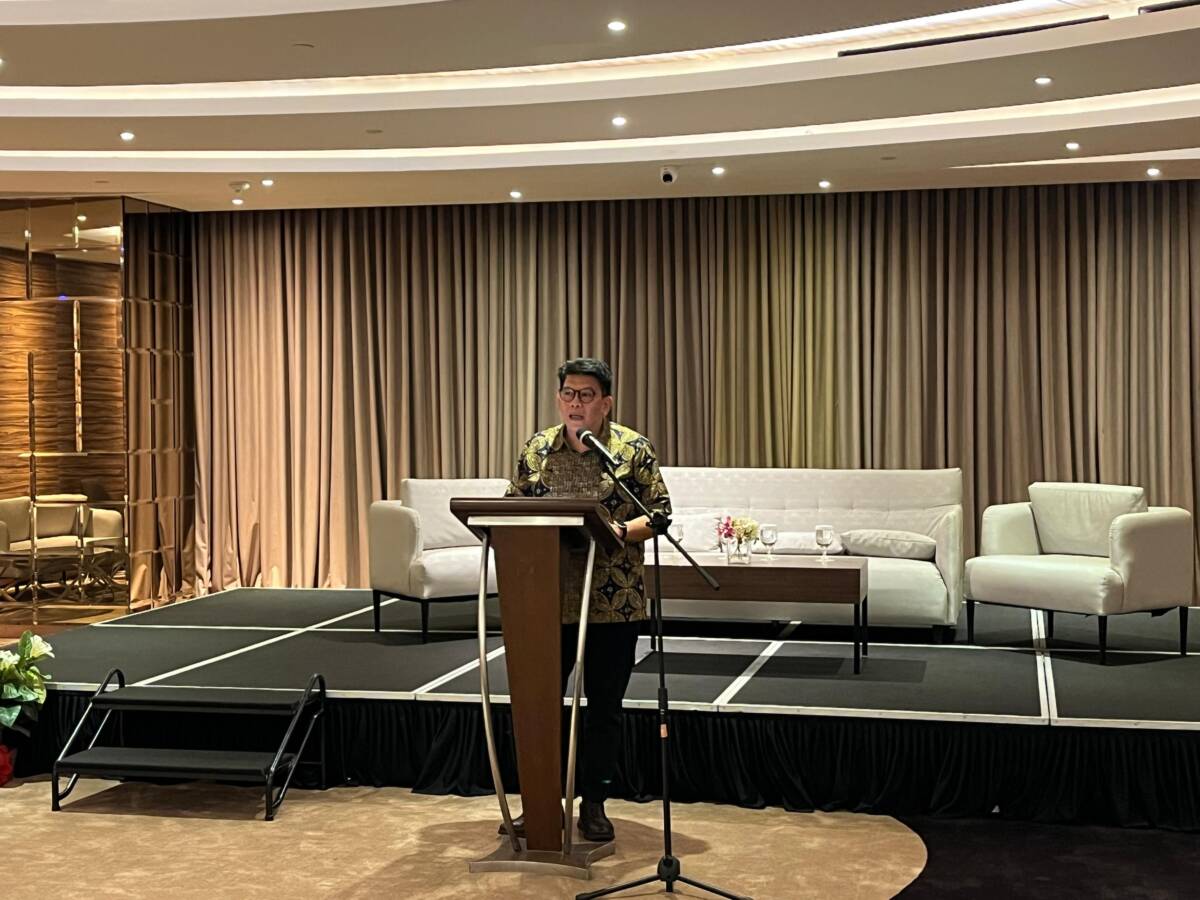
Jakarta, July 16, 2024—Indonesia, through the Ministry of National Development Planning (Ministry of PPN/Bappenas), has included energy transition in the National Long-Term Development Plan (RPJPN) 2025-2045. The Institute for Essential Services Reform (IESR) encourages Bappenas to integrate just transition in Indonesia’s energy transition in each derivative regulation, including the National Medium-Term Development Plan (RPJMN) 2025-2029.
Fabby Tumiwa, Executive Director of IESR, explained that the energy transition process will have an impact on the decline in income in coal-producing areas, which is the impact of the global energy transition that has begun to reduce or switch from coal-fired power plants (CFPP), which has led to a decrease in coal exports and net zero emission (NZE) targets for countries in the world. On the other hand, the energy transition also creates benefits such as the growth of green jobs and the avoidance of health costs due to reduced emissions and air pollution due to the decline in the burning of dirty fossil energy. According to him, a just transition framework needs to be institutionalized in national planning to prioritize the justice aspect of the energy transition.
“IESR’s study shows that economic diversification and transformation need to be planned to anticipate the social and economic impacts of the coal industry decline as commitments to energy transition and climate mitigation increase in Indonesia and the world. The government must also integrate an just transition in national plans to regional development. At least, in the short term, the government needs to focus on developing alternative economies in coal-producing areas that will be affected, especially the development of micro, small and medium enterprises (MSMEs) that can create jobs to help the economy of residents when the coal sector is no longer relied on as an economic source in these regions and communities,” Fabby said at the Just Transition Dialogue event: Definition and Scope of Just Transition in the Indonesian Context on Monday (15/07/2024).
Wira A Swadana, Program Manager of Green Economy, IESR, said that to ensure the energy transition takes place fairly and sustainably, it is essential to clarify the context and concept of a just transition in Indonesia. According to Wira, a just transition’s three objectives can be used as a reference when defining it: addressing existing issues, mitigating potential problems that can arise from the transition, and encouraging a low-carbon system.
“IESR encourages a just transition process with three important themes, including economic transformation, socio-politics, and environmental preservation that must go through a multi-stakeholder and multi-sectoral approach to ensure various interests and perspectives are accommodated to achieve the goal of a just transition,” said Wira.
Nizhar Marizi, Director of Energy, Mineral and Mining Resources, Ministry of National Development Planning (PPN)/National Development Planning Agency (Bappenas), said the energy transition process in the 2025-2024 RPJPN includes the gradual phase-out of coal-fired power plants. This requires vital planning with attention to aspects of justice.
Nizar explained that the just energy transition requires an analysis of economic transformation to support the just energy transition, such as developing agricultural potential, manufacturing industry, and tourism sector. In addition, coal mine reclamation programs and other funding as a potential for economic diversification must begin to be planned, especially for major coal-producing areas. Also, local economic development is essential in creating an just energy transition.
Furthermore, Nani Hendiarti, Deputy Coordinator of Environmental and Forestry Management at the Coordinating Ministry for Maritime Affairs and Investment (Kemenkomarves), said Indonesia needs to define its version of the just energy transition based on existing international definitions and current conditions in the country.
Nani revealed that to accelerate the energy transition in the electricity subsector, Indonesia has formed, among other things, the National Energy Transition Task Force (SATGAS TEN), an interministerial committee.
“The Socio-Economic and Environmental Working Group in SATGAS TEN will start the just transition program by drafting a white paper to define focus areas and identify gaps in current efforts,” said Nani.
They have planned pilot studies on just transition, including one in coal-producing areas in Kalimantan in collaboration with IESR and MEMR.

